
House of Debt
How They (and You) Caused the Great Recession, and How We Can Prevent It from Happening Again
Recommendation
Using a rich data set, Princeton economics professor Atif Mian and University of Chicago finance professor Amir Sufi demonstrate convincingly that debt, especially household borrowing, is pernicious and likely to lead to economic catastrophe. They explain that excessive borrowing, driven by overeager lenders who did not fully appreciate the risks they were taking, created the boom preceding the Great Recession. The authors make a compelling case that direct assistance to homebuyers through adjusting mortgage principal and addressing debt could have mitigated the impact of the recession, especially the devastating rise in unemployment. The text’s occasional quirks of phrasing and lapses in copy editing need not detract from the reader’s edification. getAbstract recommends this cogent analysis to economists and policy makers, as well as to householders with mortgages seeking to understand their risks more fully.
Summary
About the Authors
Atif Mian is a professor of economics and public policy at Princeton University. Amir Sufi is a finance professor at the University of Chicago.


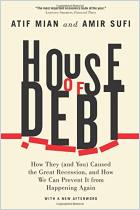
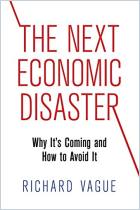
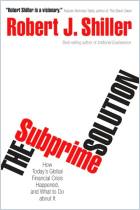
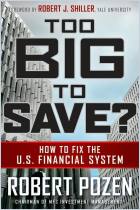

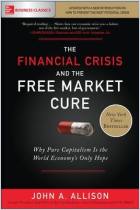







Comment on this summary or 开始讨论